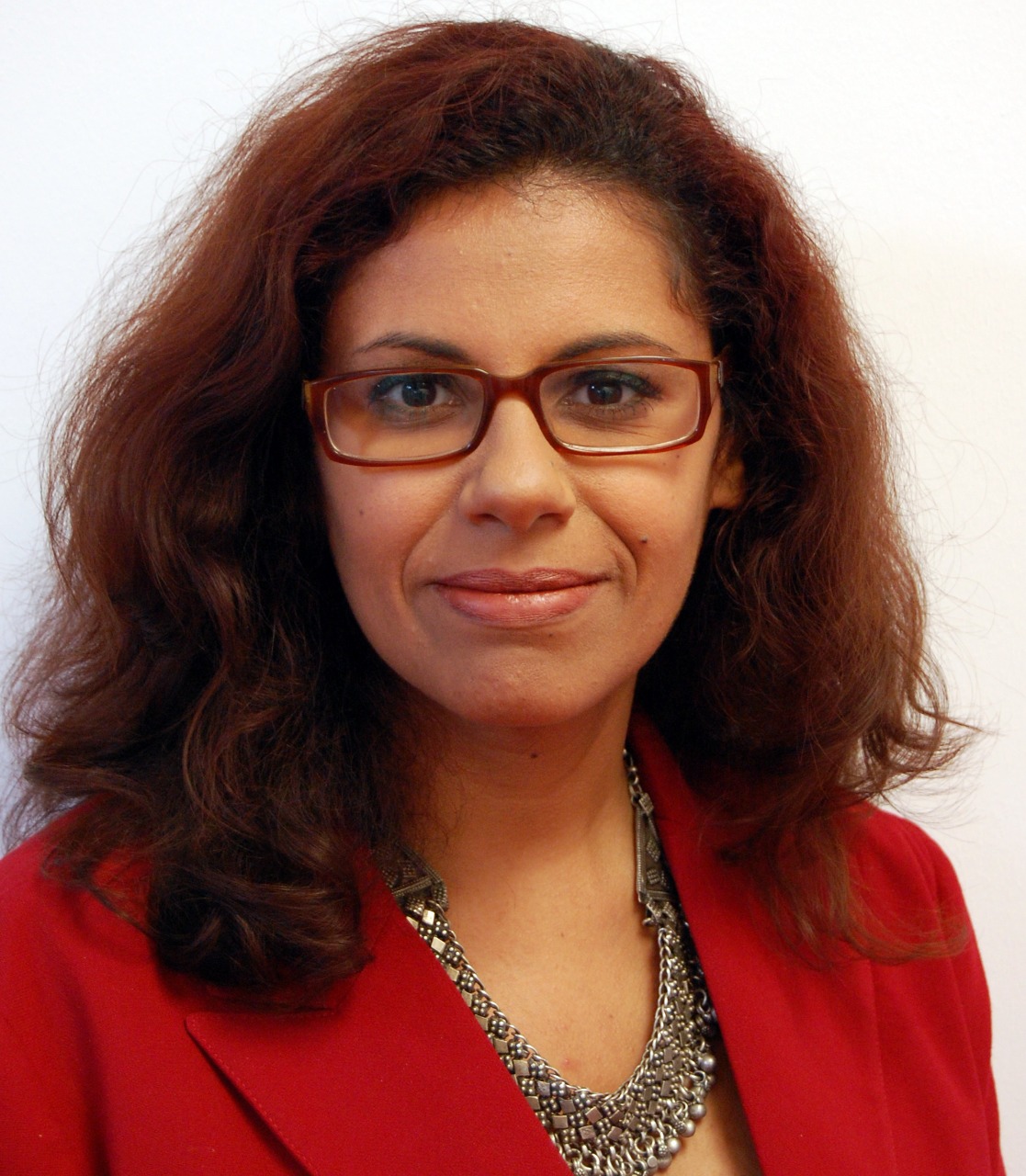Columns
The fight for women’s rights beyond #MeToo
Only through global unity can we overcome the problems of sexual harassment and abuse.
Mariz Tadros
For most people, the #MeToo movement has become synonymous with campaigns against sexual harassment. The movement—which went viral in October 2017—undoubtedly mobilised women and spurred positive change. But its prominence in media coverage and political discussions of sexual harassment has also been problematic, overshadowing activism for women’s rights in other parts of the world that predates the emergence of #MeToo.
In many countries, social movements had already been taking on sexual harassment and abuse for decades. Many of them, including campaigns like #MeshBasita in Lebanon, HarassMap in Egypt, and the ‘Shefarers’ in the Philippines, emerged long before the rise of #MeToo, or were overshadowed by it.
A new publication by the Institute of Development Studies brings together reports on women’s rights activism in countries including Benin, Burkina Faso, Egypt, India, Lebanon, Pakistan, the Philippines, and Uganda. The authors cover a wide spectrum of experiences, from well-defined and visible collective action to activism that happens behind the scenes in order to safeguard women’s lives.
There is evidence that focusing on the #MeToo movement has in some ways impeded the worldwide struggle for women’s rights, particularly in the Global South. Some activists report that #MeToo has exacerbated existing prejudices with ultra‑nationalists and religious extremists vilifying the movement as a malign Western import. They claim either that local women are not interested in such causes, or that sexual harassment has been fabricated by the West to destroy family values.
Consider Lebanon. In August 2017, reports Menaal Munshey, when #MeshBasita (‘It’s not OK’) was launched on Lebanese social media, the government, private businesses, and NGOs engaged with the campaign. Then #MeToo happened. Subsequently, organisers experienced a backlash, including reactions like, ‘Why are you guys talking about it?’ and, ‘This is an American thing, a European thing’.
Laws against sexual harassment do exist in many of these places. But much of the legislation is dysfunctional, with women still not getting the accountability and justice they deserve. In Pakistan, for example, every workplace is now required to establish sexual-harassment inquiry procedures, including a committee to hear complaints. But research among female Pakistani politicians reveals that despite the legislation and the existence of Pakistan’s own #MeToo movement, #MainBhi, these requirements have yet to be implemented in their own workplaces (including national and provincial assemblies, local government, and political parties).
And the struggle for women’s rights is not confined to physical spaces. In the past few years, online abuse has increased rapidly. This can take many forms, including ‘revenge porn’ (sharing real or photoshopped nude or intimate images of women without their permission, for blackmail or shaming purposes). People worldwide now own smartphones and can capture, alter, and put these types of images online in minutes.
Shame and embarrassment frequently stop women and girls from reporting crimes against them, even when they are protected by existing laws. Women in all countries share these feelings, but the situation is particularly severe for women marginalised by extreme inequality and subject to norms and values that hold them responsible for anything that can tarnish their reputation. Many never speak up, terrified of being blamed by others and ostracised by their families.
Clearly, #MeToo doesn’t begin to capture the story of how women and men in diverse contexts mobilise against sexual harassment. Yes, collective action against sexual harassment did coalesce around the #MeToo campaign, and in some places, it has undoubtedly energised existing movements. But if it hadn’t happened in the West, earlier campaigns in other countries—whether Egypt, India, or South Africa—might have been the spark that inspired solidarity.
It is important to recognise diverse global movements and campaigns for women’s rights and to see them as sources of knowledge and inspiration. Learning from the hard-won successes of women’s rights activists worldwide can aid us in understanding and overcoming the obstacles women and men everywhere face in their struggle to address sexual harassment.
It would, of course, be counterproductive to pit voices and perspectives from the Global South against those from the West. Instead, the goal should be to amplify voices, experiences, and insights from around the world to create learning opportunities and, ultimately, to establish the conditions for greater cooperation. Sexual harassment and abuse problems are universal problems. Only through global solidarity can we hope to overcome them.
—Project Syndicate




 9.83°C Kathmandu
9.83°C Kathmandu















